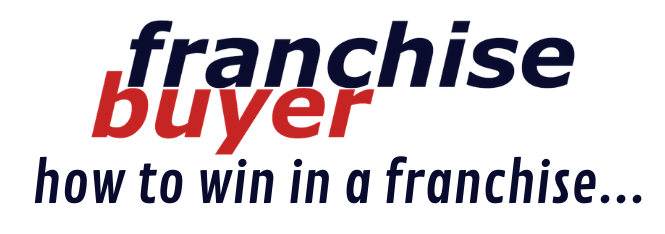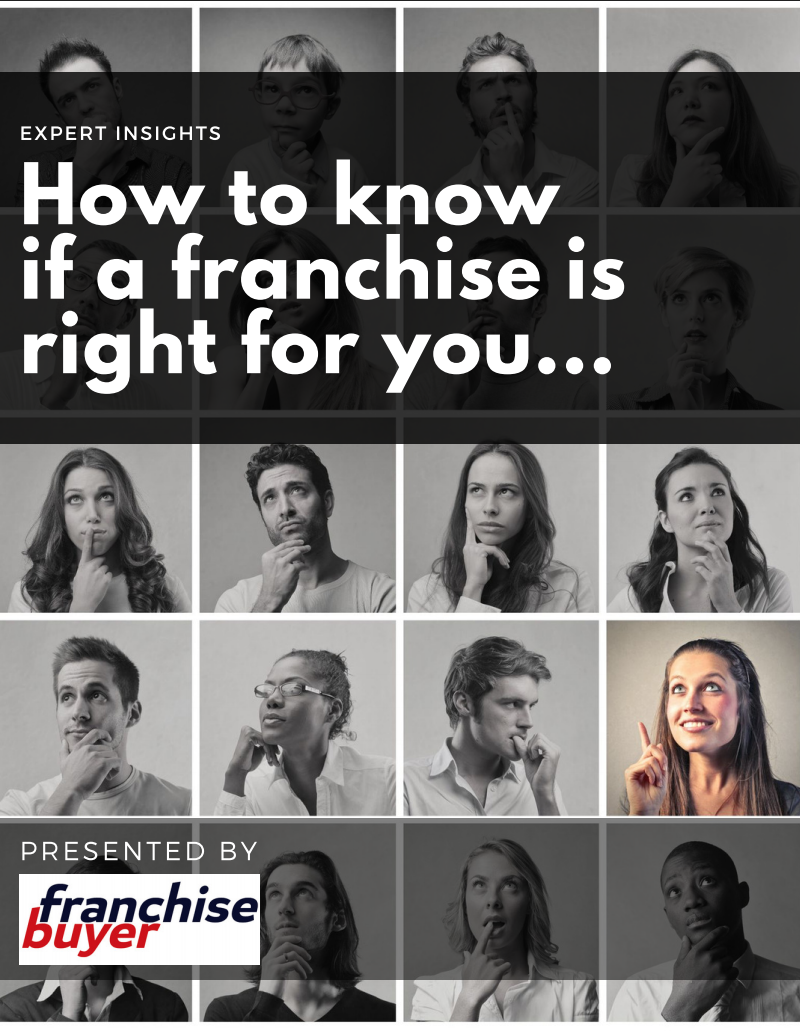July 07, 2016
5 Things to Know Before You Buy a Franchise
Buying a franchise is a big decision. It will have significant financial consequences, so it’s important to consider the money side right from the start.
In fact, the Franchising Code of Conduct recommends that people obtain independent advice on the financial aspects. Here are 5 key areas to consider.
Financial Expectations
One of the first areas to consider is whether the business can provide you with the income you need. There are 3 important questions to answer:
1. How much do you NEED to make? This includes mortgage or rent, groceries, living expenses, school fees, car, phone, and so on.
2. How much do you WANT to make? Most people want to make more than just a basic living. They want savings for their holidays, money for Superannuation, and to set something aside for a rainy day.
3. How much CAN you make? Think in terms of ranges of income. For instance, do established franchisees make in the range $50,000-80,000 per year or more than $80,000? Do any make more than $100,000? If it appears that your income needs can be met, then it’s worth continuing your investigations.

Can You Afford It?
There’s no point in looking too deeply into a franchise if you can’t afford it. To work out if you have enough money, you’ll need to know the costs involved.
There are 3 broad categories to consider:
1. Set up costs, such as fit-out of premises, stock, and vehicles. If you’re buying an established business, this is the purchase price.
2. Payments to the franchisor, such as franchise fee, training, andinitial marketing fees.
3. Professional fees, such as advice from your lawyer and franchise accountant. These figures should be clearly laid out in the Disclosure Document together with others that may be relevant for your franchise. Profit A business must make a profit if it is to be viable. This means sales revenue must exceed the costs of operation after taking into account your own wages.
There are two parts to consider:
1. The costs to operate the business and
2. The level of sales you need to cover these costs.
To work out the costs, the place to start is the Disclosure Document and other financial information provided by the franchisor. Once you know the costs, you should calculate the level of sales you need to cover them and make a decent living. Then decide if this level of sales is achievable.
Earnings Capacity
Different franchises have different earning capacities. This means that sometimes there are constraints on the amount you can earn. For instance, if you work on your own, the amount you can earn is limited by the hours you work: for example,as a bookkeeper, cleaner, or handyman. Alternatively, if you employ staff, you may have the potential to earn more income as there are others working with you.
Independent Advice — Financial Due Diligence
No matter how confident you feel about your decision to buy the franchise, it’s important to ask an accountant to look over the numbers. Not only does the Franchising Code recommend it, independent advice is vital because you’re closely involved.
There are 2 key factors you need to be aware of:
1. Financial Due Diligence is a specific process that accountants undertake. Bear in mind, however, that not all accountants have expertise in this area.
2. Franchising has unique characteristics that should be considered from a financial perspective. For instance, there may be restrictions on purchasing, pricing, and what you can sell. When you choose your accountant, it’s best to use one who is skilled and experienced in these areas.

















